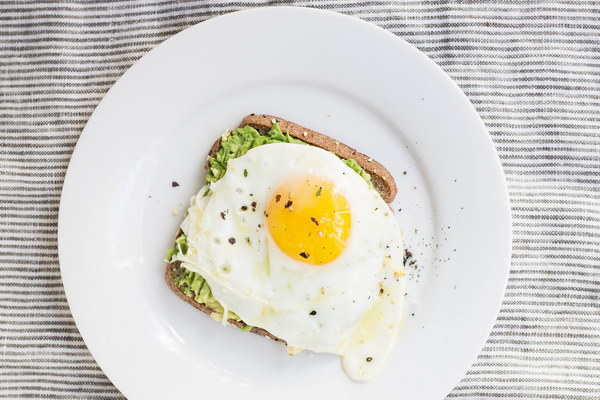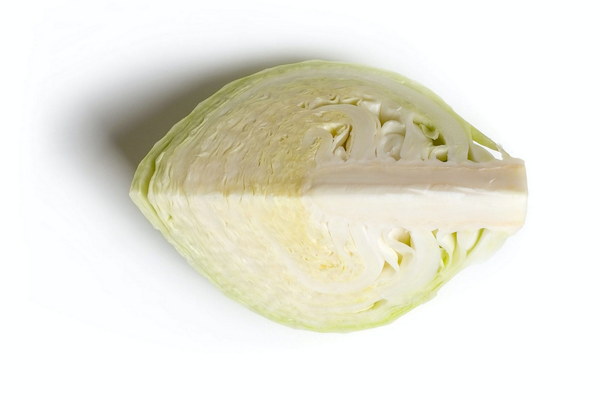Rehabilitate and Revitalize A Comprehensive Guide to Health and Wellness After Overindulgence
In today's fast-paced world, it's not uncommon to find oneself overindulging in various activities, including the act of excessive masturbation. While it is a natural and healthy part of human sexuality, doing it too much can lead to physical and mental strain. If you've found yourself in such a situation, fear not, as this article will provide you with a comprehensive guide to health and wellness after overindulgence. Here's how you can rehabilitate and revitalize your body and mind.
1. Acknowledge the Situation:
The first step towards recovery is to accept that you have overindulged. Understand that it's not the end of the world, but rather an opportunity to learn and grow. Recognize the signs of overindulgence, such as fatigue, mood swings, and decreased performance in daily activities.
2. Rest and Relaxation:
Rest is crucial for recovery. Ensure you get enough sleep to allow your body to repair and rejuvenate itself. Additionally, practice relaxation techniques like deep breathing, meditation, or yoga to help reduce stress and anxiety.
3. Proper Diet:
A balanced diet can significantly aid in the recovery process. Focus on consuming nutrient-rich foods, such as fruits, vegetables, whole grains, lean proteins, and healthy fats. These will provide your body with the necessary energy and vitamins to recover. Here are some specific recommendations:
- Fruits and Vegetables: They are packed with essential vitamins, minerals, and antioxidants. Aim for a variety of colors to ensure you're getting a wide range of nutrients.
- Whole Grains: They are rich in fiber and can help regulate your digestive system. Incorporate whole grains such as brown rice, quinoa, and oatmeal into your diet.
- Lean Proteins: Proteins are essential for tissue repair and muscle growth. Include lean proteins like chicken, turkey, fish, and tofu in your meals.
- Healthy Fats: Good fats, such as those found in avocados, nuts, and seeds, can help reduce inflammation and improve heart health.
4. Hydration:
Staying hydrated is essential for overall health. Ensure you drink plenty of water throughout the day, and consider adding herbal teas or coconut water to your hydration routine.
5. Regular Exercise:

Exercise can help improve your mood, reduce stress, and increase your energy levels. Engage in activities you enjoy, such as walking, cycling, swimming, or even yoga. Start with low-intensity workouts and gradually increase the intensity as your body becomes stronger.
6. Manage Stress:
Stress can exacerbate the symptoms of overindulgence. Practice stress-reducing techniques like mindfulness, journaling, or talking to a trusted friend or therapist. Remember that it's okay to seek professional help if you feel overwhelmed.
7. Sexual Health:
While it's essential to take a break from overindulgence, it's also important to maintain a healthy sex life. Communicate with your partner about your needs and boundaries, and consider seeking counseling if you're struggling with sexual issues.
8. Establish Routines:
Creating a consistent routine can help you stay on track with your recovery. Establish a regular sleep schedule, meal plan, and exercise routine. Consistency will help you develop healthy habits that will last a lifetime.
9. Track Your Progress:
Keep a journal of your progress, noting any improvements or setbacks. This will help you stay motivated and aware of your body's needs.
10. Be Patient:
Recovery is a gradual process, and it's important to be patient with yourself. It's okay to have setbacks, but focus on the progress you've made and continue to work towards your goals.
By following these steps, you can rehabilitate and revitalize your body and mind after overindulgence. Remember that it's never too late to start anew, and taking care of yourself is the best gift you can give yourself.









